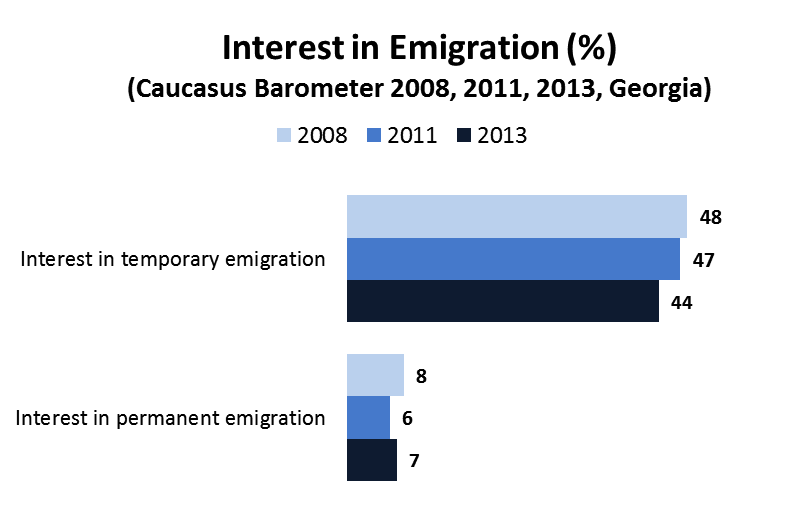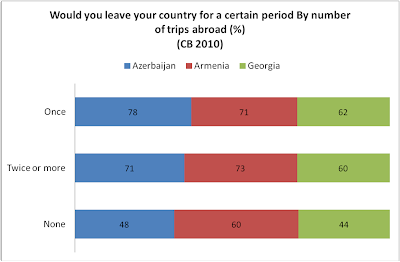
Although many literature lovers take their favorite novels’ quotes for granted, a hybrid literature lover and social scientist cannot resist but putting literature’s postulates to data scrutiny. In one of his most famous works, The Unbearable Lightness of Being, Milan…




